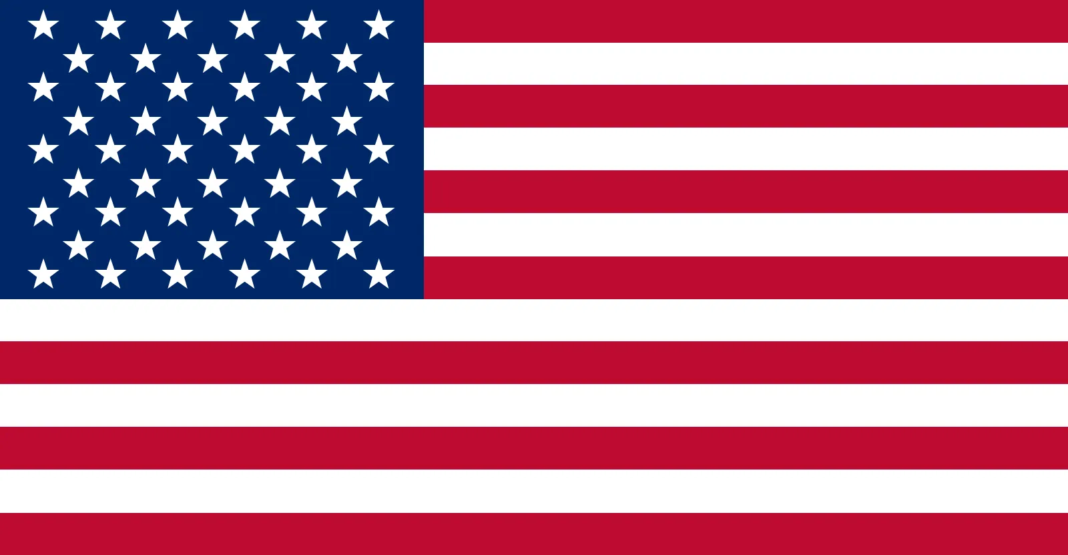U.S. immigration authorities have deported Charles Emile Mbayo, a former figure in Sierra Leone’s military junta, over his alleged role in the 1992 extrajudicial executions of nearly 30 people, one of the darkest chapters in the country’s history.
Mbayo, once associated with the National Provisional Ruling Council (NPRC) that seized power in Sierra Leone in April 1992, was removed from the United States this week under provisions that bar suspected human rights violators from residence. He was returned to Freetown on Friday, according to U.S. Immigration and Customs Enforcement (ICE).
The NPRC, a group of young soldiers led by Captain Valentine Strasser, ousted President Joseph Saidu Momoh in a coup on April 29, 1992, promising reform and a new direction in Sierra Leone’s war against rebels.
But later that year, suspicions of counter-coups and political rivalry grew within the military. On Dec. 29, 1992, 29 detainees – including senior officers, former officials and alleged collaborators – were executed at Pademba Road Prison in Freetown without trial.
Those killed included respected commanders such as Lt. Col. James Yayah Kanu and others accused of plotting against the junta. Witnesses and rights groups later described the killings as extrajudicial executions, carried out under orders from the NPRC leadership.
The executions sent shockwaves across Sierra Leone, deepening mistrust of the junta and symbolising a pattern of impunity and political violence that fuelled the country’s decade-long civil conflict.
U.S. authorities said Mbayo’s alleged role in the killings rendered him inadmissible under the Immigration and Nationality Act (INA), which bars anyone suspected of involvement in extrajudicial killings, torture or war crimes from entering or remaining in the country.
Under U.S. law, immigration authorities do not require a criminal conviction in an American court to remove a foreign national linked to human rights abuses. Evidence of credible involvement is sufficient for deportation, according to the Human Rights Violators and War Crimes Center (HRVWCC), a specialized unit of ICE.
“The United States will not serve as a safe haven for individuals who have committed gross violations of human rights abroad,” an ICE spokesperson said.
Legal experts say the 1992 executions amount to serious breaches of international law.
The killings violated the International Covenant on Civil and Political Rights (ICCPR), which protects the right to life and prohibits arbitrary executions. Because they were carried out by state agents against detainees, they are considered extrajudicial executions, a crime under international human rights law.
If proven as part of a deliberate policy by the NPRC to eliminate rivals, the killings could also qualify as crimes against humanity under customary international law. Such crimes are subject to universal jurisdiction, meaning they can be prosecuted anywhere, even if Sierra Leone itself does not pursue charges.
Sierra Leone’s Truth and Reconciliation Commission (TRC), which reported in 2004, condemned the 1992 executions as unlawful and urged accountability. But no prosecutions have ever taken place.
With Mbayo now back in Sierra Leone, families of the victims are once again calling for justice. Rights advocates say his deportation underscores the need for Sierra Leonean authorities to confront past abuses that continue to haunt the nation’s political memory.
“The deportation of Charles Mbayo reopens wounds for families who never received justice,” said a Freetown-based human rights lawyer. “It also reminds us that crimes of this nature have no statute of limitation under international law.”
For many Sierra Leoneans, the 1992 executions epitomise a cycle of violence, coups and unaccountability that destabilised the country during the 1990s.
The deportation of Mbayo does not amount to a trial, but it signals that international scrutiny still lingers. Whether Sierra Leone’s justice system will now act on decades-old crimes remains an open question.



